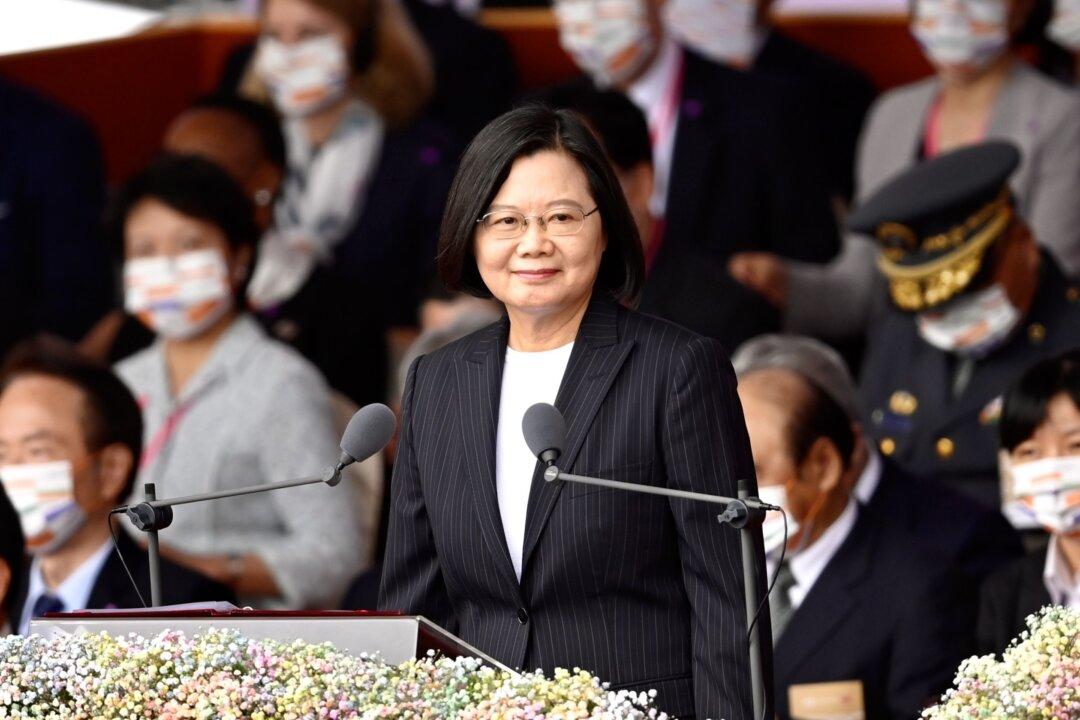Commentary
Two recently coinciding milestones capture the complicated realities of geopolitics and provide a jumping-off point for how Canadian foreign policy should evolve from now on.

Two recently coinciding milestones capture the complicated realities of geopolitics and provide a jumping-off point for how Canadian foreign policy should evolve from now on.